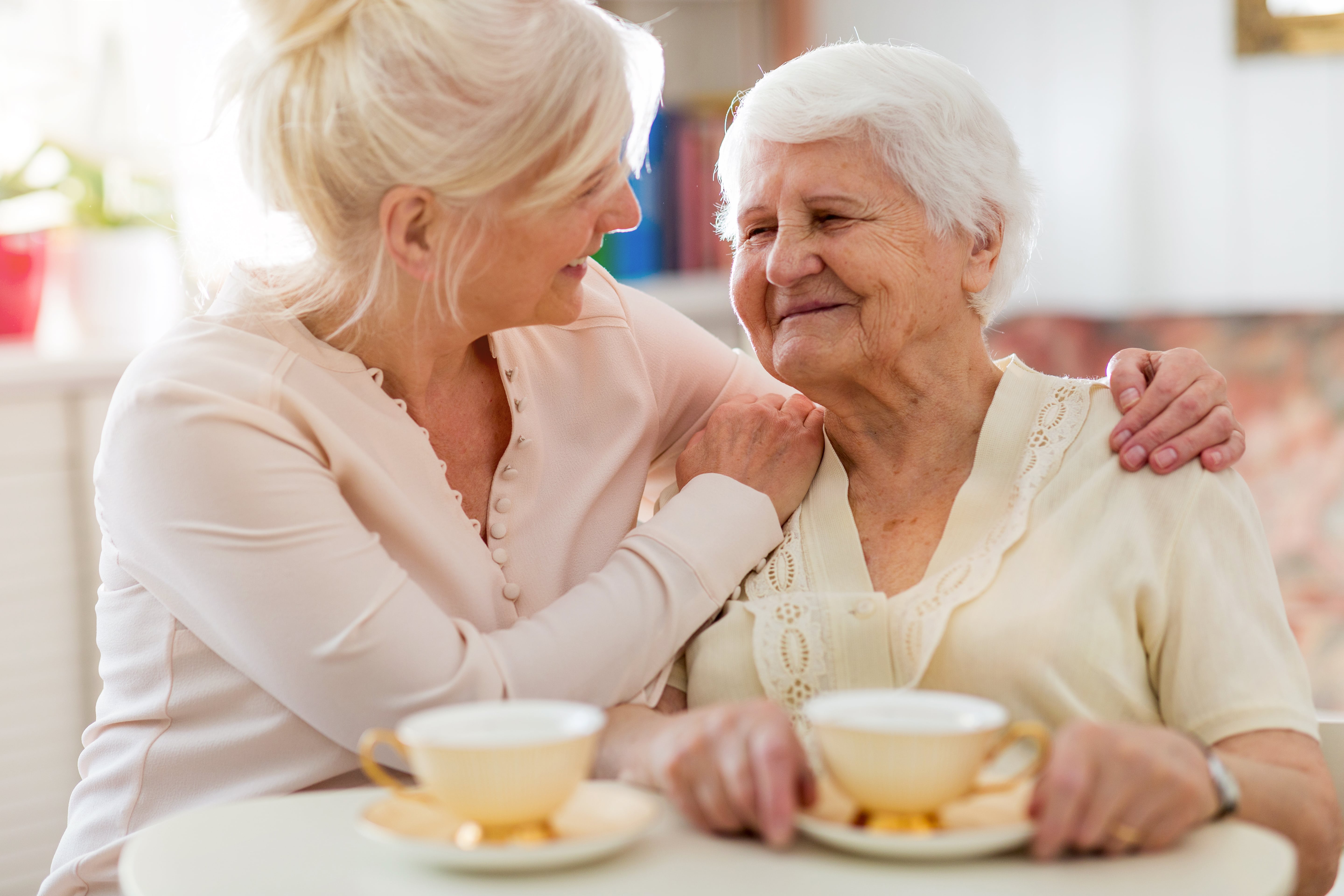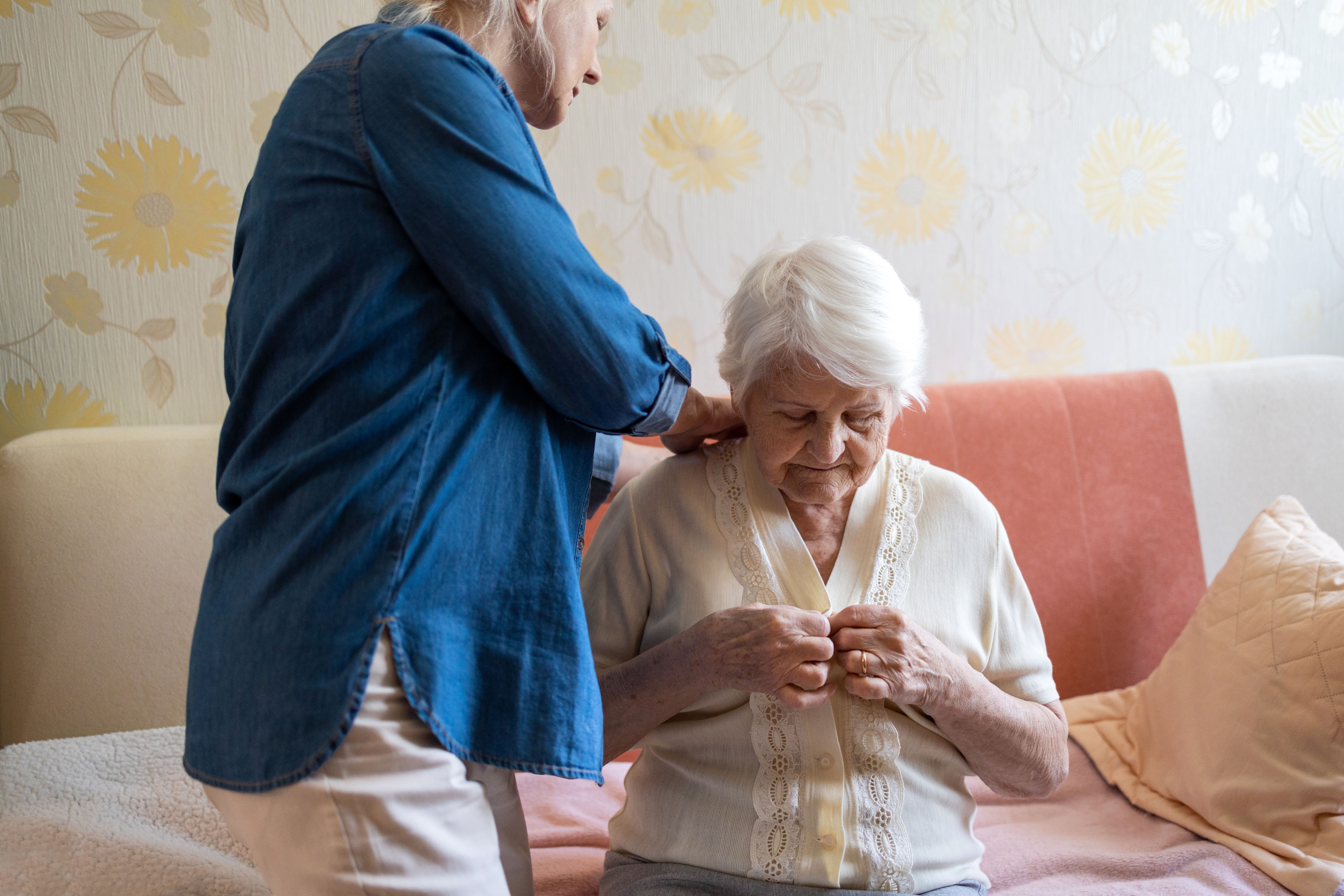Breadcrumb
- Home /
- Resources
Resources
Mobile Resource Library Tabs
Filters
Search
Categories Navigation
Asset Publisher
Content with Topic Help at Home .
Resources

Practical Tips for Aging in Place with Mobility Aids
Aging in place with the support of mobility aids requires a holistic approach that encompasses understanding the challenges, selecting the right aids, making essential home modifications, creating a age-friendly living space, and utilizing caregiver assistance along with financial and community resources. By implementing these practical tips, older adults can maintain their independence and quality of life in the comfort of their own homes.
Read More03/07/2024

Things to Look for When Visiting an Older Loved One to Assess Wellbeing
As your loved one ages, you’re likely to find yourself worrying more about their wellbeing. Maybe you’re concerned about issues of them living safely in their current home, or taking care of themselves without in-home support. Or maybe you’re anxious about the possibility of memory loss, and early signs of dementia developing without anyone around to notice. These concerns are especially common for long-distance caregivers—who make up roughly 15 percent of all family caregivers.
Read MoreBy Julie Hayes | 09/15/2023

Aging in Place: Naturally Occurring Retirement Communities
The desire to age well in our homes tends to drive us to explore ways to safely remain in the community as long as possible. But safety isn’t the only concern: we hope to be independent, engaged, empowered, connected, and have access to resources when we need them as well. Naturally occurring retirement communities (NORCs) offer an opportunity to coordinate livable communities that ensure we can comfortably age in place.
Read MoreBy Sarah Nicolay | 09/15/2023

Understanding the Role of a Geriatric Care Manager in Elder Care
Those of us who provide care for a loved one have probably heard the term “Geriatric Care Manager” on a regular basis. However, even though the phrase is a familiar one, we may not know exactly what one is since it’s a relatively new profession in the field of eldercare. A geriatric care manager is a licensed professional, often a nursing or social work specialist, with expertise in geriatrics. Families hire them to evaluate their loved one's needs and coordinate care using community resources. This profession proves particularly valuable when families live far away or are unable to manage all caregiving responsibilities themselves. Geriatric care managers can act as "professional relatives" supporting the family.
Read More07/14/2023

Simplifying Personal Care Routines for People with Memory Loss
As memory loss progresses, it can become increasingly difficult for older adults to manage many personal care activities. It takes longer for them to get dressed, groom themselves, take a bath and use the toilet. Busy caregivers sometimes decide that it's easier and faster to take over personal care tasks themselves. As a result, their loved one may gradually lose some of their independence and ability to manage their own care. The easiest way to help your loved one retain independence in their personal care is to keep things simple and find ways for them stay involved in the process while still offering your help.
Read More05/15/2023
